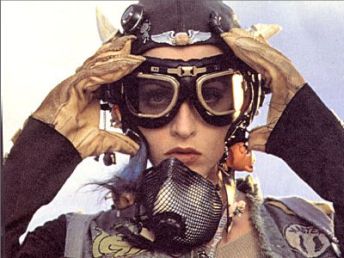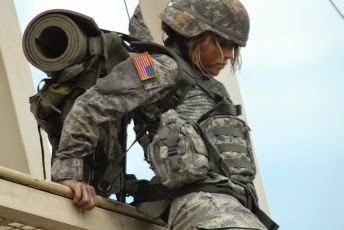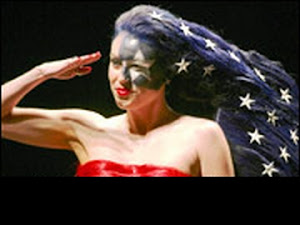An entire year has zoomed by since the innate crushing corruption and locked down societies via designer despotry drove a young cat to horrific battyness in Tunisia, literally igniting himself and Arab Spring.
First causality in the diplopolititary realm was the freshly minted "Off Shore Balancing." Totally bassackwards Amazingly ironic with it's democrazy forsakingment meme, on release it was instantly obsolete by the 1st week end it ever saw the light of day
"...Washington should also get out of the business of trying to spread democracy around the globe, and more generally acting as if we have the right and the responsibility to interfere in the domestic politics of other countries.
"...This behavior, which violates the all-important principle of self-determination, not only generates resentment toward the United States, but also gets us involved in nation building, which invariably leads to no end of trouble.
Trick statement - failing to promote democrazy is the very same thang as promoting autocrazy.
Plus - it's an unclever attempt to inject the incorrect notion that Great Satan should be "...even handed..." in her dealings with the world - as if Libya or NoKo were the same as Australia or Denmark.
Anywrought -
Arab Spring acquired its name in part because it conjured memories of the upheavals that brought an end to dictatorship in other parts of the world — including the former Soviet bloc, East Asia and Latin America. It seemed logical that Middle Eastern states would, at last, follow the same path that led in other places from dictatorship and economic stagnation to free elections, free markets and integration into a global economy.
J"ever note that Great Satan"s shameful hooked up despotries were comparatively benign xfers of pow pow power compared with enemy regimes like Libya and Suriya al- Kubra?
A year later, it’s clear that the Arab revolutions are different in some fundamental ways — Colonel Khadaffy is history, the Assad and Saleh regimes may soon follow. Yet the thousands of deaths they caused have cast a pall over their countries; no one yet knows when and how the killing will end or whether there will be reconciliation.Plus -
2nd diff in the Arab transformation is the worrying economic prospects of newly liberated countries. Arab states so far are leaning toward a populism that could inhibit foreign investment and trade. They are also unlikely to receive as much Western aid as helped the new democracies of the 1980s and ’90s. Libya will prosper with oil. But many young Arabs may find that their aspirations for jobs remain unmet.
A final distinction is the nature of the political movements coming to power in the revolution’s aftermath. Though the Islamists of Tunisia, Egypt, Morocco and elsewhere say that they are democrats, they are not liberal — and their relations with the West are uneasy at best. The true liberals of the Arab world — those who plotted the uprisings on Facebook and brought the secular middle classes to the street — risk being marginalized. They lack the organization of mosque-based movements or the foreign funding supplied by conservative states such as Saudi Arabia and Qatar. In Egypt, they also remain the prime target of a military establishment that hopes to preserve an outsize measure of power.
Consider how unprepared Western governments were for the events of the Arab Spring. They shouldn’t have been. Ordinary people were losing their fear, daring to exercise their long-suppressed faculty to not only speak but also think freely. It was merely a matter of time before the actions of a few would multiply and become, in the end, irrepressible.
Arab Spring gave the lie to the stability model, which was in fact a recipe for instability. In Cairo’s Tahrir Square the people spoke, and what did they demand? Not the destruction of Little Satan. Not the damnation of Great Satan. They demanded the right to live in a society where minds would no longer be controlled. Their demand was local, but their message was universal.
Irrepressible indeed!
There are too many men and women who have too many ways of making their voices heard, whether on the streets or in cyberspace. There’s no looking back. These once-closed societies are now open or opening, and that process cannot be reversed. The history of the modern Arab world has only just begun.
Pic -"The best cure for what ails the Middle East is what it has lacked: free debate and democracy."















0 comments:
Post a Comment